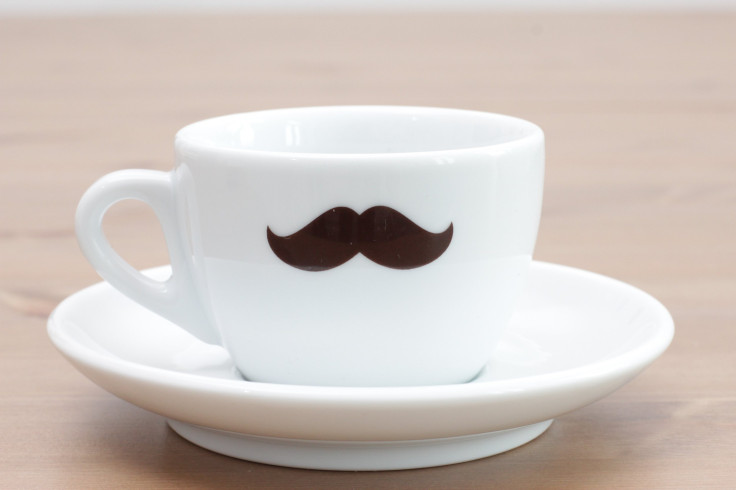Caffeine From Tea And Coffee Lowers Blood Pressure: Researchers Say 4 Cups A Day Does The Deed

Researchers at the Preventative and Clinical Investigations Center in Paris, France observed the blood pressure of almost 200,000 men and women between the ages of 16 and 95 for 10 years and recorded their blood pressure, pulse pressure, and heart rate.
The findings revealed that those who avoided coffee and tea consumption all together had the highest rates of blood pressure, pulse pressure, and heart rate. And, those who drank tea the most often had the best health reports. Even coffee drinkers fared better than those who didn't drink coffee at all.
The participants were divided into three groups; those who abstained from coffee and tea completely, those who drank between one and four cups a day, and then those who drank more than four cups. The results ran counter to most medical advice, such as that of the National Health Services, which recommends people with high blood pressure to cut down their caffeine intake.
The results also revealed heavy tea drinkers benefited the most and had the lowest systolic and diastolic blood pressure readings, as well as the lowest pulse pressure and heart rate. Diastolic blood pressure is exerted on the walls of arteries around the body and in between heartbeats when the heart is relaxed, while systolic blood pressure is the pressure exerted when the heart is beating. Researchers think the flavonoids found in tea could help relax blood vessels, which ultimately decreases blood pressure and calms the nervous system.
The authors of the study say the findings are scientifically significant; however, people with high blood pressure shouldn't start downing six cups a day in hopes of a natural medication. The difference between those who drank a moderate one to four cups and those who drank more was slim. Nevertheless, if you're choosing between coffee or tea, there isn't a large margin; those who drank large quantities of coffee every day only had slightly higher blood pressure reading than tea drinkers.
The debate on whether or not caffeine consumption is actually good for you continues. Caffeine is most commonly consumed in coffee and tea form and is a natural stimulant found in nuts, berries, and even leaves. Because of its prevalence across most cultures, a lot of research has been done of the effects of regular consumption and overconsumption. By definition, a stimulant increases the activity of the central nervous system, making you feel more alert, focused, and awake. The increased activity can cause blood vessels to constrict and increase blood pressure, which is most dangerous when consumed in the form of cocaine and methamphetamines. Caffeine itself is a self-limiting stimulant, which means it controls the rate of its own excretion through the kidneys. However, the caffeine found in coffee is only a mild stimulant and has a very short lifespan in the body.
The Joint National Committee on Hypertension has stated that there is no evidence linking coffee or tea to high blood pressure.
Coffee and tea have shown other benefits from past studies, such as their polyphenols' ability to lower the level of activated platelets in the blood, which can prevent the blood clots that lead to stroke. Polyphenols are a type of antioxidant that also lowers the body's concentration of C-reactive proteins (CRP), which play a key role in inflammation, thus decreasing the risk of cardiovascular and kidney disease.
Dr. Bruno Pannier from the Preventative and Clinical Investigations Center presented the study's findings to the European Society of Hypertension in Milan and said more research needs to be done to explain the pros and cons of tea and coffee drinking. Pannier also made clear that the study made no distinction between black tea, herbal tea, and green tea — each with different effects according to previous studies.



























